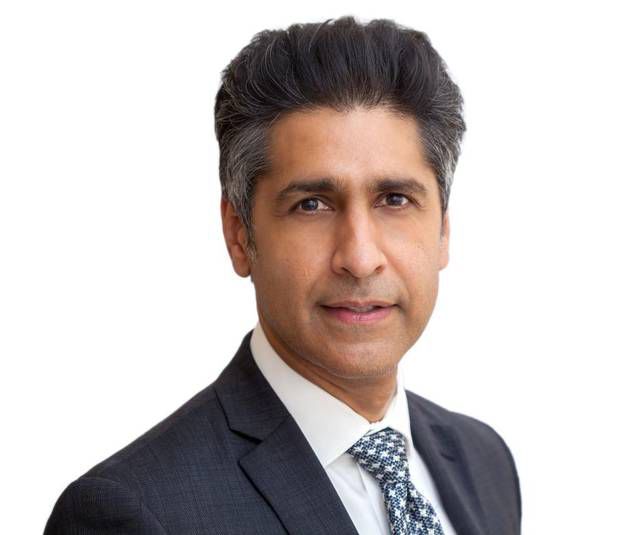Obama nominates first Muslim Federal Judge
September 12, 2016
Last week President Obama nominated Abid Riaz Quershi, a Muslim lawyer in D.C., for a federal judge position on the U.S. District Court for the District of Columbia.
While the procedure sounds standard, the President has made waves with the choice, much as he did with the nomination of Merrick Garland for Associate Justice on the supreme court.
“How I look at it, is…people would see Muslims from another perspective, ” said Yousof Mousa, a board member of Kent State’s Muslim Students’ Association. “All they hear about from the Media (is) Muslims are terrorists or ISIS… But now they’re going to see another picture of Muslims.”
If nominated, Qureshi could become the first person of Muslim faith to serve as a federal judge in the U.S.
“Obama has been very clear that for him, diversity, not just in the court, but in the bureaucracy and in government is important,” said Mark Cassell, a professor of political science at Kent State. “It’s important because people with different backgrounds bring life experiences to the job that reflect, essentially, the population.”
Mousa acknowledges that there is a Muslim population in America, specifically an estimated 3.3 million in the U.S., according to Pew Research Center.
“They should be represented in the American government,” Mousa said.
Diversity in government has been a point of contention during the Obama administration’s cycle, with the confirmation of Sonia Sotomayor as the first Supreme Court Justice of Hispanic heritage causing similar controversy.
“I definitely think it’s important to have diversity in the government just so you get, like, the difference in opinions… so that way the government isn’t just representing a select few people,” said Danielle Nininger, a nursing major. “But instead, a nation that is a whole bunch of different minorities put together.”
Now that Obama chose a nominee, the senate judiciary committee will hold a hearing to decide whether to approve the appointment.
“I think it’s unlikely to happen,” Cassell said . “I think that the Republicans in the Senate have shown, at least in the case of Merrick Garland, but certainly in other instances, that they are not… this isn’t something that’s a high priority for them.”
Garland was nominated by Obama to fill the late Antonin Scalia’s seat on the Supreme Court earlier this year.
“They, at least for some of them, believe that by balking and by taking more time, (that) they might get a different judge or that this might harm Obama in some way. And then there I think there are (Republicans) who just don’t like the idea of a Muslim serving as a judge,” Cassell said.
In a statement, President Obama said, “I am confident he (Qureshi) will serve the American people with integrity and a steadfast commitment to justice.”
“It’s not about what religion he’s from… but having a Muslim represented as a judge, as a respectful job, will change the image (for) the general public of how they look at Muslims,” Mousa said.
Reactions from the public, however, have been mixed- with the reactions on Twitter often reaching into a fear of sharia law.
“I think Donald Trump and others have clearly expressed concern about Muslims and really all non-whites as being a problem on the court because they don’t feel that they could fairly rule in certain cases because of their backgrounds,” Cassell said.
Trump has previously made remarks that a judge of Muslim faith would be biased against him.
“I mean, of course you’re going to be afraid of the unknown,” Mousa said. “If you don’t see it, you don’t know anything about it. That’s why it’s a good thing (to) represent, and (for) a better picture to be shown of the Muslims.”
Cameron Gorman is a diversity reporter for the Kent Stater, contact her at [email protected]












